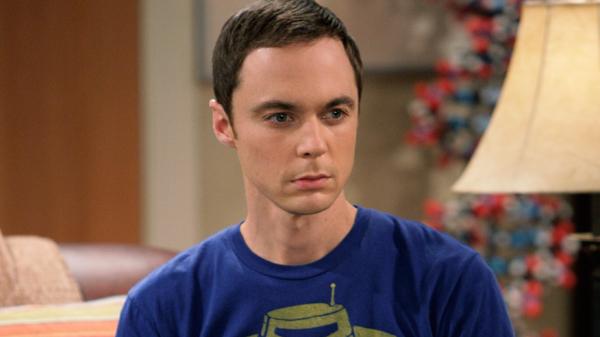Is The Big Bang Theory’s starring character Sheldon Cooper on the autism spectrum?
Co-creator of the show Bill Prady has side-stepped attempts to label the character. But the question keeps coming up, because a lot of fans of the show see startling commonalities.
“On the Spectrum”
To say someone is “on the spectrum” refers to Autism Spectrum Disorder—a single disorder with a wide range of symptoms and severity that used to be considered separate disorders including autism and Asperger’s syndrome.
The question of whether the quirky and quite particular character of Sheldon is on the spectrum is hotly debated, and has come up in fan panels and media interviews ever since the show’s first season.
The show’s co-creators have declined to label Sheldon with this term—Prady says he got his inspiration for Sheldon not from the autism spectrum but from a computer programmer he once worked with. However, that was long before awareness about the spectrum was established. Some argue that it’s entirely possible those co-workers were in fact on the spectrum, but didn’t have the terms to diagnose it.
Either way, Sheldon has been held up as a great example of a person on the spectrum thriving in everyday life. How does Sheldon show traits of being on the spectrum?
- Struggles with communication— Some of Sheldon’s funniest moments come from his literal interpretations of people’s comments, and his inability to interpret sarcasm. People on the autism spectrum often have difficulty understanding expressions of emotion, taking expressions too literally and struggling to read people in conversation.
- Extreme attachment to rituals—That’s Sheldon’s spot on the couch. When a guest is sad, you offer them a hot beverage. Wednesday is comic shop day. Much like Sheldon, individuals on the spectrum can be extremely rigid in their rituals, and have an extreme distaste for change.
- Disconnect from others—People on the spectrum often struggle to make emotional connections or to handle demonstrations of physical intimacy … something that becomes a significant hurdle for Sheldon in his friendships and his relationship with Amy.
- Extreme likes and dislikes—Much like many on the autism spectrum, Sheldon is extremely enthusiastic and loyal to the things that he likes. His dislikes, on other hand, can become a disruption for the entire Big Bang Theory crew.
- Brutally honest—Another common trait associated with being on the spectrum is brutal honesty. As any of Sheldon’s friends know, he doesn’t parse words when sharing his opinion, so if you don’t want to know, don’t ask—or even let the subject come up. His inability to lie or keep secrets has led to many a quandary on the show.
Even if the show wants to avoid putting a label on its character, that Sheldon Cooper demonstrates characteristics that many who are on the spectrum, or have loved ones on the spectrum, can relate to.
And that’s a wonderful thing. While people on the spectrum have some unique challenges, they also often share some genuinely positive traits, too—much like Sheldon Cooper, they can be extremely honest, loyal, intelligent, and dependable.

Leave a Reply
You must be logged in to post a comment.